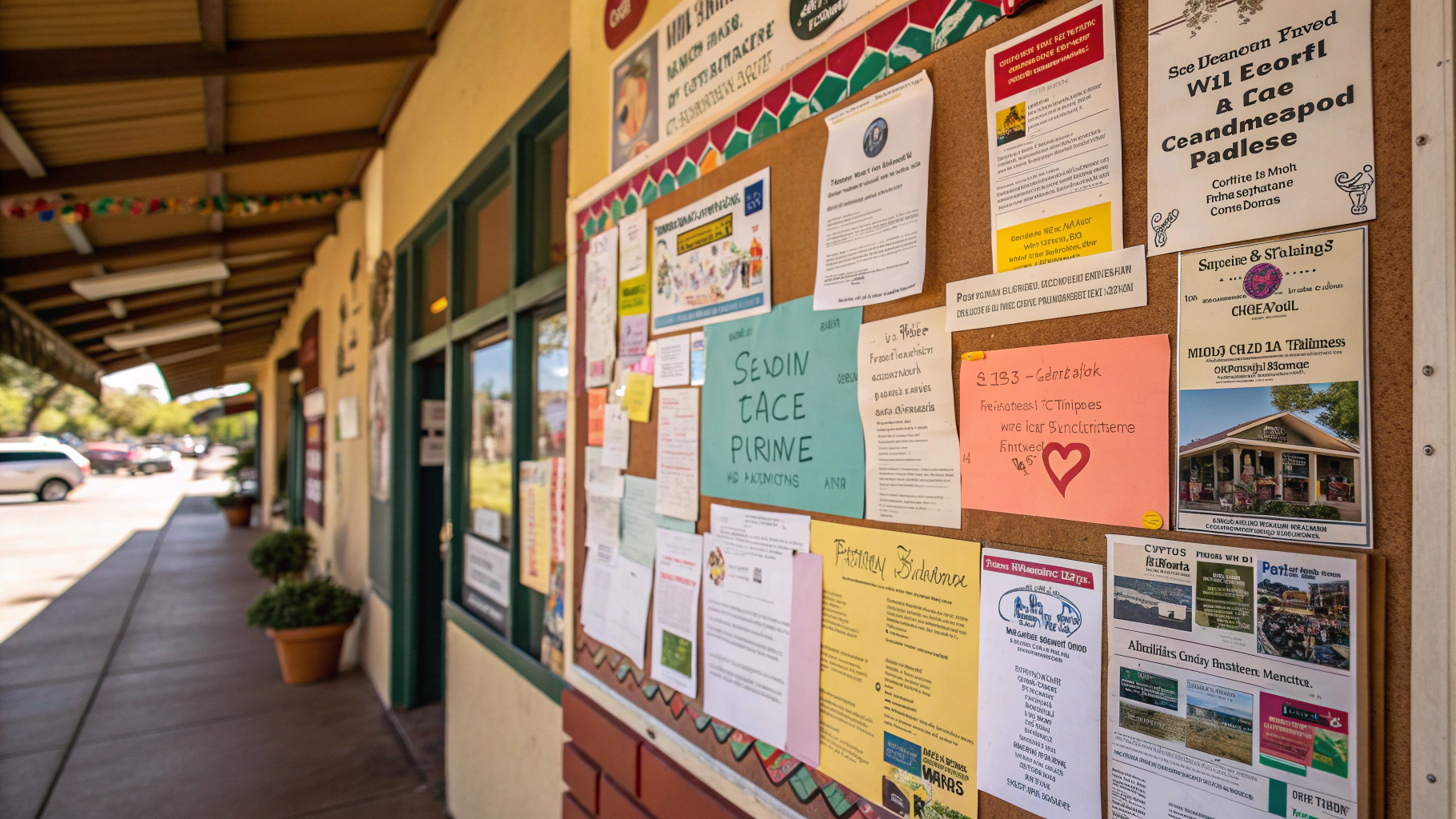In a world often marked by division and discord, the concept of conviviality emerges as a beacon of hope, reminding us of the innate human capacity for warmth, understanding, and shared experiences.
Rooted in the Latin word “convivium,” meaning “to live together,” conviviality encapsulates the art of fostering harmonious relationships and genuine connections among individuals and communities. Let us embark on a journey to delve deeper into this enriching phenomenon.
Understanding Conviviality:
Conviviality embodies the essence of companionship and goodwill, transcending cultural, social, and geographical boundaries.
At its core, it celebrates the joy of human interaction, emphasizing mutual respect, empathy, and inclusivity.
In a convivial setting, individuals come together in a spirit of camaraderie, embracing diversity and embracing each other’s differences.
Cultivating Convivial Spaces:
Creating convivial spaces is essential for nurturing meaningful connections and fostering a sense of belonging.
Whether it’s a bustling city square, a cozy café, or a communal garden, these spaces serve as incubators for spontaneous interactions and shared experiences.
By design, they encourage serendipitous encounters and facilitate the exchange of ideas, stories, and laughter.
The Role of Communication:
Effective communication lies at the heart of conviviality, enabling individuals to express themselves authentically and listen attentively to others.
Through open dialogue and active listening, people can bridge divides, build trust, and cultivate deeper connections. Whether verbal or non-verbal, communication serves as a conduit for understanding, empathy, and solidarity.
Embracing Diversity:
Conviviality thrives on diversity, recognizing the richness of perspectives, cultures, and identities within society.
By embracing diversity in all its forms, individuals can transcend prejudice and foster a more inclusive and equitable world.
In a convivial environment, differences are celebrated as strengths, sparking creativity, innovation, and mutual learning.
Acts of Kindness and Generosity:
Small acts of kindness and generosity can have a profound impact on fostering conviviality within communities.
Whether it’s lending a helping hand to a neighbor in need, sharing a meal with strangers, or simply offering a smile to brighten someone’s day, these gestures cultivate a culture of compassion and solidarity.
In essence, conviviality thrives on the ripple effect of benevolent actions, spreading positivity and goodwill far and wide.
Overcoming Barriers to Conviviality:
Despite its inherent beauty, conviviality faces various challenges in today’s world, including prejudice, mistrust, and social isolation. Overcoming these barriers requires concerted efforts at both individual and societal levels.
By promoting empathy, dismantling stereotypes, and fostering inclusive policies and practices, we can create environments where conviviality can flourish.
The Transformative Power of Conviviality:
Conviviality has the power to transform individuals, communities, and societies, offering a vision of a more connected and compassionate world.
Through shared experiences and meaningful interactions, it nurtures a sense of belonging and collective purpose, inspiring cooperation, resilience, and social cohesion.
Ultimately, conviviality reminds us of our shared humanity and the profound joy that comes from living in harmony with one another.
Conviviality in Digital Spaces:
As our world becomes increasingly interconnected through digital platforms, exploring conviviality in online spaces is essential.
This heading delves into how we can foster warmth, understanding, and genuine connections in virtual environments.
It addresses the challenges posed by digital communication, such as anonymity and the proliferation of misinformation, while highlighting the potential for technology to facilitate meaningful interactions and bridge divides.
Conviviality in Workplaces:
Workplaces play a significant role in shaping our daily experiences and interactions. This heading explores how fostering conviviality in professional settings can enhance employee morale, productivity, and overall well-being.
It delves into strategies for creating a positive organizational culture that prioritizes collaboration, communication, and mutual respect.
From team-building activities to supportive leadership, cultivating conviviality at work can lead to greater job satisfaction and stronger team dynamics.
Conviviality in Education:
Education is not only about imparting knowledge but also about nurturing social and emotional development.
This heading examines the importance of conviviality in educational settings, from classrooms to campus communities.
It explores how fostering a culture of respect, empathy, and inclusivity can enhance learning outcomes and student engagement.
By promoting collaborative learning environments and encouraging meaningful interactions among students and educators, schools can cultivate a sense of belonging and support academic success.
Conviviality in Civic Engagement:
Active participation in civic life is crucial for building vibrant and resilient communities. This heading explores the role of conviviality in fostering civic engagement and social cohesion.
It delves into how grassroots initiatives, community organizations, and local governments can leverage conviviality to strengthen democracy, promote civic dialogue, and address pressing social issues.
By creating opportunities for meaningful connections and collective action, conviviality can empower individuals to become active citizens and effect positive change in their communities.
Conviviality in Healthcare Settings:
Healthcare environments are often associated with stress and uncertainty, but fostering conviviality within these settings can have profound benefits for both patients and providers.
This heading explores strategies for promoting warmth, empathy, and genuine human connection in hospitals, clinics, and other healthcare facilities.
It examines the importance of communication, compassion, and patient-centered care in enhancing the overall healthcare experience.
By creating a culture of conviviality, healthcare professionals can improve patient satisfaction, alleviate anxiety, and foster healing.
Conviviality in Urban Planning:
Cities are hubs of diversity and activity, but they can also be sites of social isolation and alienation. This heading delves into the role of conviviality in urban planning and design, emphasizing the importance of creating inclusive, people-centered spaces that promote social interaction and community engagement.
It explores concepts such as placemaking, walkability, and mixed-use development, which can enhance conviviality by fostering connections among residents and strengthening the social fabric of neighborhoods.
By prioritizing conviviality in urban planning efforts, cities can become more livable, vibrant, and resilient.
Conviviality in Environmental Conservation:
Environmental challenges such as climate change and biodiversity loss require collective action and cooperation on a global scale.
This heading examines the concept of conviviality in the context of environmental conservation, emphasizing the importance of building relationships, fostering empathy, and promoting collaboration among diverse stakeholders.
It explores how conviviality can inspire grassroots movements, facilitate dialogue between communities and policymakers, and drive sustainable solutions to environmental problems.
By nurturing a sense of interconnectedness and shared responsibility for the planet, conviviality can mobilize individuals and organizations to work together towards a more sustainable future.
Conclusion:
In a world often characterized by division and discord, conviviality emerges as a powerful antidote, reminding us of the beauty of human connection and the importance of fostering relationships built on respect, empathy, and shared experiences.
By cultivating convivial spaces, embracing diversity, and promoting acts of kindness and generosity, we can create a more inclusive and harmonious society where everyone feels valued and supported.
Let us embrace conviviality as a guiding principle in our interactions, knowing that through our collective efforts, we can build a brighter and more compassionate future for all.










